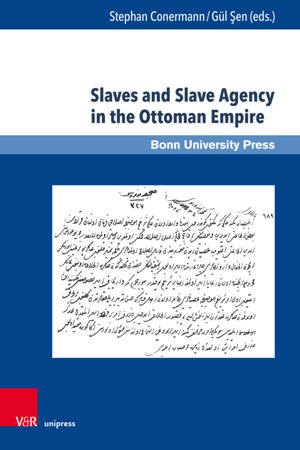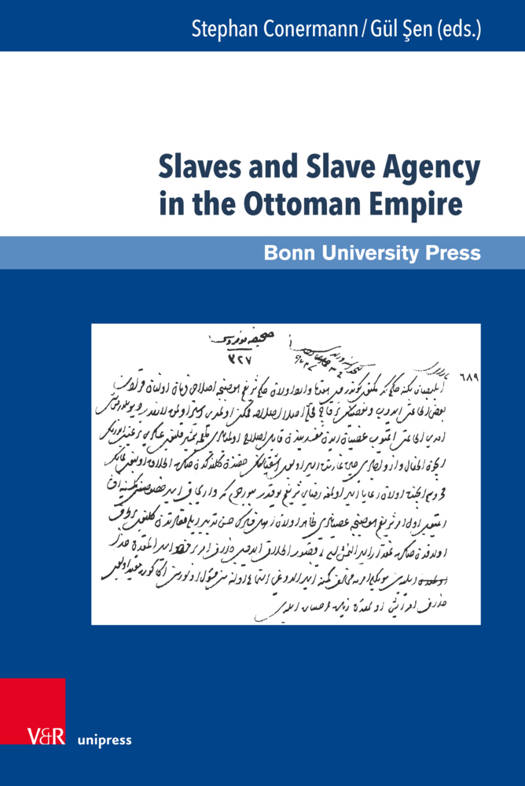
Bedankt voor het vertrouwen het afgelopen jaar! Om jou te bedanken bieden we GRATIS verzending (in België) aan op alles gedurende de hele maand januari.
- Afhalen na 1 uur in een winkel met voorraad
- In januari gratis thuislevering in België
- Ruim aanbod met 7 miljoen producten
Bedankt voor het vertrouwen het afgelopen jaar! Om jou te bedanken bieden we GRATIS verzending (in België) aan op alles gedurende de hele maand januari.
- Afhalen na 1 uur in een winkel met voorraad
- In januari gratis thuislevering in België
- Ruim aanbod met 7 miljoen producten
Zoeken
Slaves and Slave Agency in the Ottoman Empire
€ 93,95
+ 187 punten
Omschrijving
Given that the classical binary of 'slavery' and 'freedom' is derived from the transatlantic experience, the volume strives for an alternative approach by examining asymmetric dependency structures in the Ottoman Empire. A closer look at the various levels of the Ottoman social order brings to light a variety of conditions for enslavement practices rather than a single universal pattern. The authors of this volume examine various forms of dependency with a particular focus on agency, i.e. the room for maneuver of the enslaved or the options for action in situations of extreme individual or group dependencies in their respective historical contexts. A clearer and more nuanced picture of the practices of slavery thus evolves across the duration of the Empire between the 14th-20th centuries.
Specificaties
Betrokkenen
- Uitgeverij:
Inhoud
- Aantal bladzijden:
- 448
- Taal:
- Engels
- Reeks:
- Reeksnummer:
- nr. 7
Eigenschappen
- Productcode (EAN):
- 9783847110378
- Verschijningsdatum:
- 11/05/2020
- Uitvoering:
- Hardcover
- Formaat:
- Genaaid
- Afmetingen:
- 155 mm x 231 mm
- Gewicht:
- 476 g

Alleen bij Standaard Boekhandel
+ 187 punten op je klantenkaart van Standaard Boekhandel
Beoordelingen
We publiceren alleen reviews die voldoen aan de voorwaarden voor reviews. Bekijk onze voorwaarden voor reviews.








